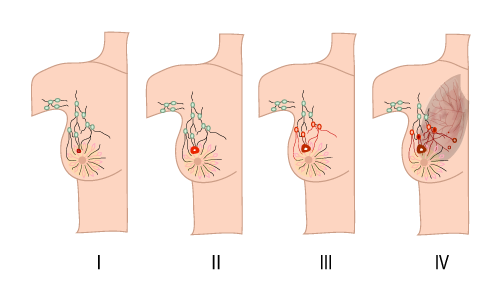General Knowledge of Breast Cancer



Amyotrophic lateral sclerosis (ALS) is a nervous system disease that affects nerve cells in the spinal cord and brain which then leads to loss of muscle control. ALS causes motor neurons to degenerate and die, causing muscles to weaken.
Symptoms include:
By 2040, ALS is predicted to increase worldwide by 70%. One of the most important factors of this increase is aging populations globally. ALS is a disease most commonly seen in older adults. It is rare to see cases before age 50 and peaks at around 70 years of age. As medical advances and lower birth rates shift the demographic balance toward older age groups, the group of individuals at risk for ALC increases.
Beyond demographics, researchers are investigating various environmental and lifestyle factors that could influence ALS. Although the exact cause of ALS remains unknown, studies have found certain associations between ALS risk and certain exposures. One factor could be smoking; studies consistently show that smokers have a higher likelihood of developing ALS than nonsmokers. Other environmental agents have been implicated as well, such as chronic exposure to lead or other heavy metals and pesticides and agricultural chemicals. Additional factors include military service ( some data have shown that veterans have increased incidence of ALS), repetitive head trauma, and intense physical activity. None of these factors alone has proven to cause ALS, with the main concern being that widespread or increasing exposure to risk factors could contribute to a higher incidence of ALS overtime.
It has long been known that a minority of ALS cases are familial, meaning it runs in families due to hereditary mutations, with 5-10% of cases being familial. Meaning that 90-95% of cases are sporadic with no known family history. However newer studies have shown that a substantial subset of “sporadic” cases actually carry genetic mutations.
https://www.als.org/navigating-als/resources/fyi-epidemiology-als-and-suspected-clusters
https://www.als.org/research/als-research-topics/als-risk-factors
https://www.cdc.gov/als/abouttheregistrymain/about-amyotrophic-lateral-sclerosis-als.html
https://www.cedars-sinai.org/discoveries/a-new-path-for-als-treatment.html
https://www.ninds.nih.gov/health-information/disorders/amyotrophic-lateral-sclerosis-als
https://www.uofmhealth.org/brain-neurological-conditions/als-facts-figures
One update per week. All the latest news directly in your inbox.